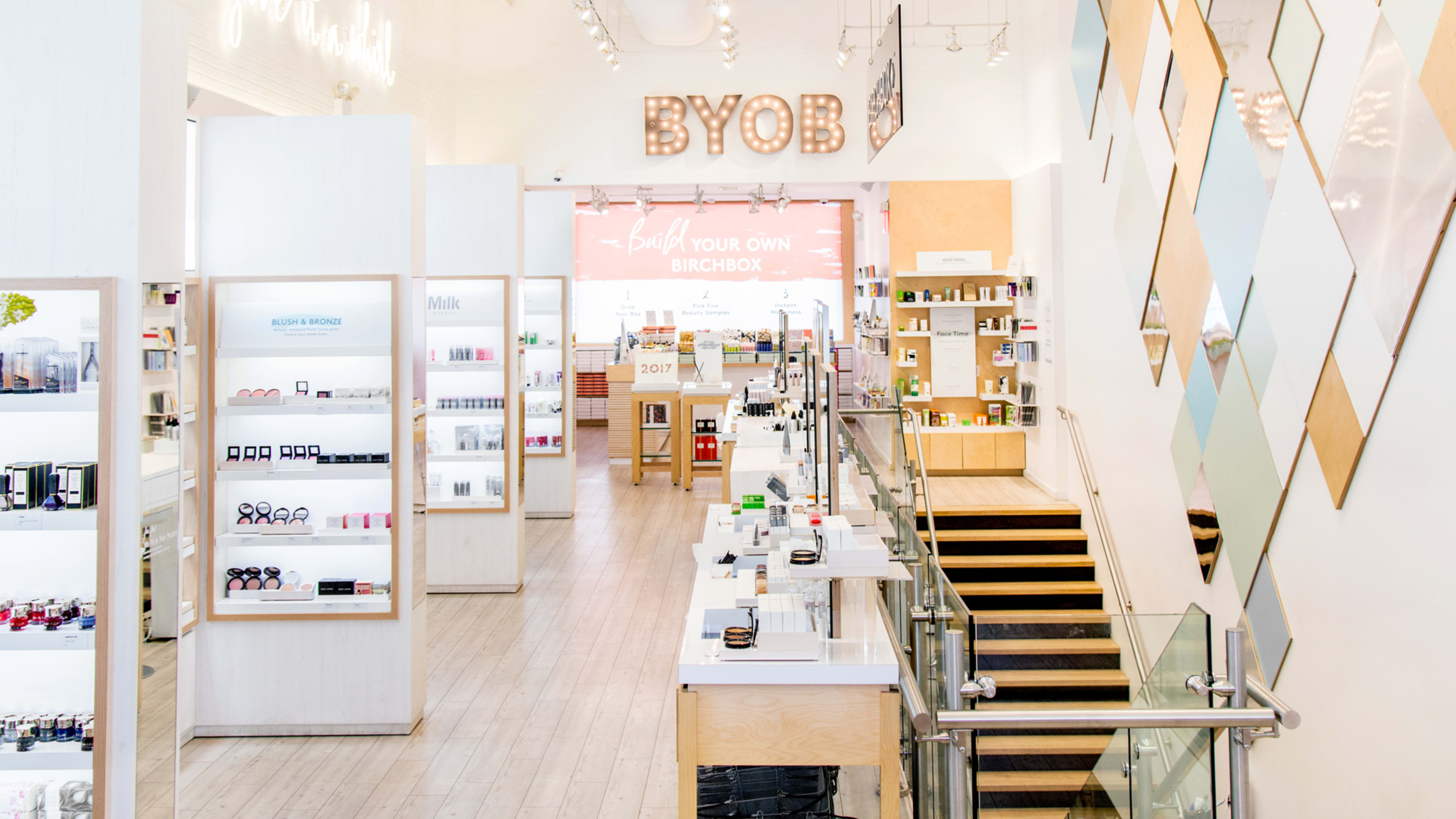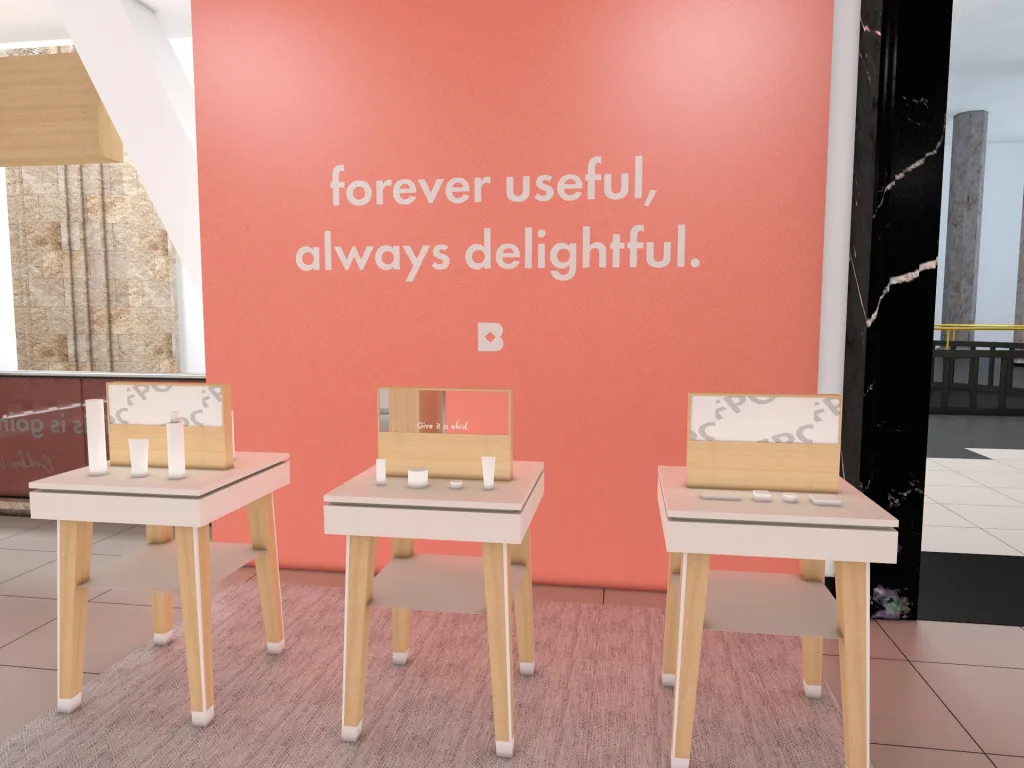Shopping for skincare products at the drugstore isn’t what you might call an enjoyable experience. But for busy women, it’s sometimes the best alternative out there. There are many times when I’ve made a quick stop at Walgreens to pick up milk and ibuprofen, and decided I might as well get some face scrub while I’m there. But listen, ladies: The beauty aisle at Walgreens is about to get a makeover, thanks to Birchbox.
Today, the two companies announce that they’re joining forces. Birchbox, best known for its monthly beauty subscription boxes, will be taking over a big chunk of the floor space at 11 Walgreens locations over the next few months. In December, the first six stores will open in New York City, Chicago, Los Angeles, and Minneapolis, and then in early 2019, five more stores will open in Chicago, Dallas, Los Angeles, and Miami. As part of this partnership, Walgreens will be making an undisclosed investment in Birchbox. Earlier this year, one of Birchbox’s existing investors, Viking Global, acquired a majority stake in the company by investing $15 million more into the brand.
Translating the subscription box into a physical store
These new retail spaces–which range from 400 to 1,000 square feet–will look like mini Birchbox stores. Birchbox will curate full-sized skincare, makeup, and hair products from more than 40 brands. These are brands that Birchbox has incorporated into its subscription boxes in the past and has identified as customer favorites. The Birchbox-branded parts of the store will be beautifully designed with warm lighting, pops of color thanks to interesting wall paper, framed Birchboxes as artwork, and powder-room-inspired makeup stations.
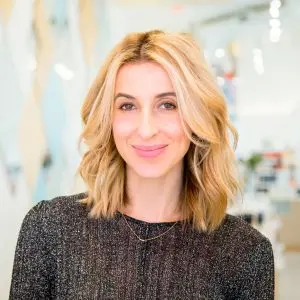
This partnership is a big step for Birchbox, a relatively small company that has only recently become profitable. “Walgreens is already a very large beauty retailer, reaching basically the entire population through its tens of thousands of stores,” says Katia Beauchamp, cofounder and CEO of Birchbox. “It’s sometimes hard to wrap my brain around this as someone who started a company serving a subset of the market.”
Beauchamp cofounded Birchbox with Hayley Barna in 2010 with the goal of making the process of discovering and sampling beauty products more fun in the age of the internet. Customers could sign up to receive a $10 box of sample products in a fun, colorful package, delivered to their door every month. The brand says it has 2.5 million active subscribers. While Birchbox is continuing to focus on its subscription box business, it will also be translating its core premise–making beauty discovery fun–into a physical store experience with this Walgreens partnership. There will be Birchbox-trained beauty consultants on hand to help guide the customer through the space and introduce them to new products. And there will even be a Birchbox-specific cash register, so the entire experience will feel separate from just going for a drugstore run.
As Birchbox develops the retail experience at its Walgreens locations, it will incorporate insights gleaned from its own Soho, New York, location, which opened in 2014. In 2015, the company talked about ambitious plans to roll out more across the country, but these plans were put on hold in 2016, as the company laid off employees and focused on becoming profitable.
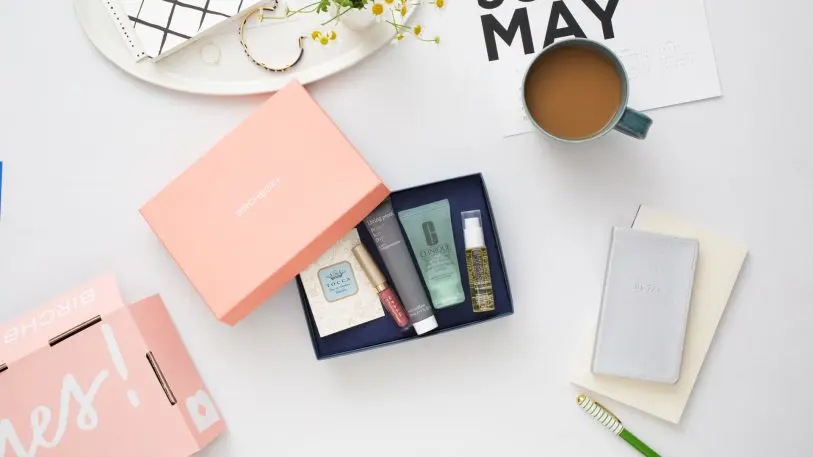
Women who are not beauty-obsessed
Since Birchbox launched, many other beauty subscription boxes entered the market, including Ipsy and Play! by Sephora. But Beauchamp believes that these competitors differ from Birchbox because they cater to customers who are obsessed with beauty and love trying out new products all the time. The Birchbox customer, on the other hand, is the more casual consumer of beauty products.
Beauchamp says Birchbox meets the needs of women who want to look good and enjoy taking care of themselves, but do not keep up with the latest makeup trends or miracle beauty treatments. This consumer often finds products that work for her skin, then buys them again and again. It’s not that this woman isn’t interested in trying out new products: She simply doesn’t have time to watch a million YouTube videos by beauty influencers or try dozens of lipsticks at Sephora.
But ultimately, Beauchamp believes that the casual beauty consumer represents that lion’s share of the market. When Birchbox commissioned a study about the beauty market from research firm Penn Schoen Berland, it found that 70% of the population falls into this category. And this makes sense when you think about how most women–moms, working professionals, CEOs–don’t have time to explore the hundreds of new beauty products that hit the market every month.
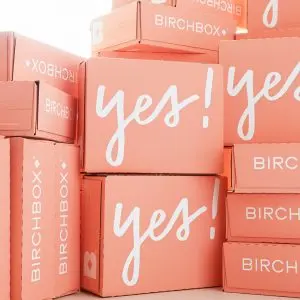
“I think a big part of our realization at Birchbox–and this really resonated with the Walgreens team–was that there is a huge opportunity to serve the masses by allowing them to stay passive, but give them the same kind of pleasurable experience of someone who is beauty-obsessed,” Beauchamp says.
Unlike many of the existing brands within Walgreens beauty aisles, the products within the Birchbox section will be from higher-end brands that are a mix of up-and-coming brands and cult favorites. At launch, brands on the shelves will include RMS Beauty, Huxley, Avene, Wander Beauty, and Birchbox’s in-house brand, Arrow.
Rather than organizing products by brand, Birchbox will organize them according to function. This makes sense because the casual beauty consumer may not have heard of a new beauty brand. Instead, she is probably looking to solve a specific problem: She might be looking for an anti-aging serum or a particular shade of red lipstick. “This is how the internet works,” says Beauchamp. “When you know you want blush, you search for blush at a particular online store, and all the blushes are there. This is how our customer wants to shop for beauty.”
In keeping with Birchbox’s expertise in sampling, customers will also be able to build their own Birchboxes by selecting from jars of product samples. There will be feature tables where customers can check out new brands and products.”We continue to find over and over again that the little beauty sample is just really delightful,” she says. “The price point is so acceptable to everybody, and the samples kind of look like candy when they’re all sitting next to each other.”
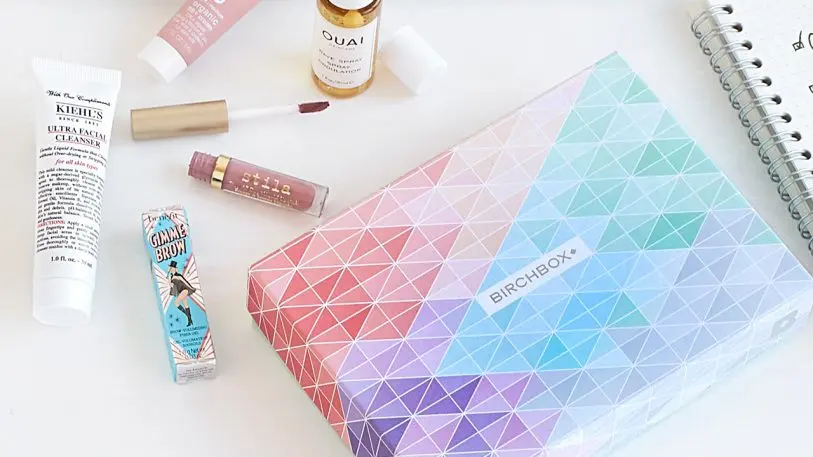
First 11 stores–then thousands?
For right now, Beauchamp and the Birchbox team are focused on designing these pilot stores and helping to launch them over the next months. Walgreens and Birchbox will be carefully observing how customers interact with the space and purchase product. But the Walgreens investment in Birchbox suggests that this is a long-term partnership, with the possibility of expanding this concept throughout Walgreens’s network of thousands of stores across the country.
And of course, this will expose Birchbox to a much wider audience of consumers, particularly those who are older or in parts of the country where they may not have heard of the beauty startup. “I think this is a great opportunity to see if we can grow Birchbox’s brand awareness through this partnership,” Walgreens’ Brindley says. “I think women who aren’t familiar with the brand will still enjoy the experience.”
But Beauchamp emphasizes that no matter how many Walgreens experiences Birchbox opens, it will remain singularly focused on the casual beauty consumer. “You deserve the experience of shopping for beauty to be really delightful, whether you’re beauty-obsessed or just a casual consumer,” says Beauchamp. “Just because you’re practical doesn’t mean you don’t deserve to have joy.”
Recognize your brand’s excellence by applying to this year’s Brands That Matter Awards before the early-rate deadline, May 3.
